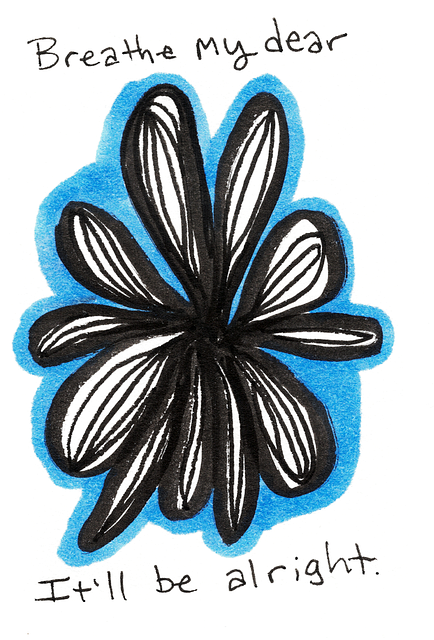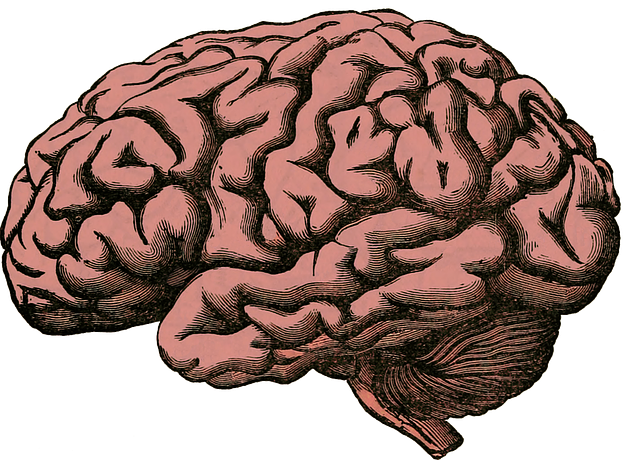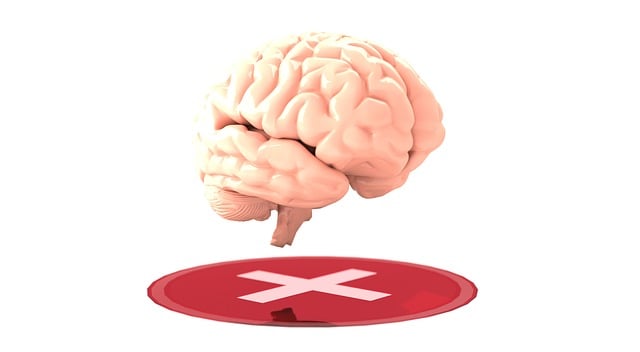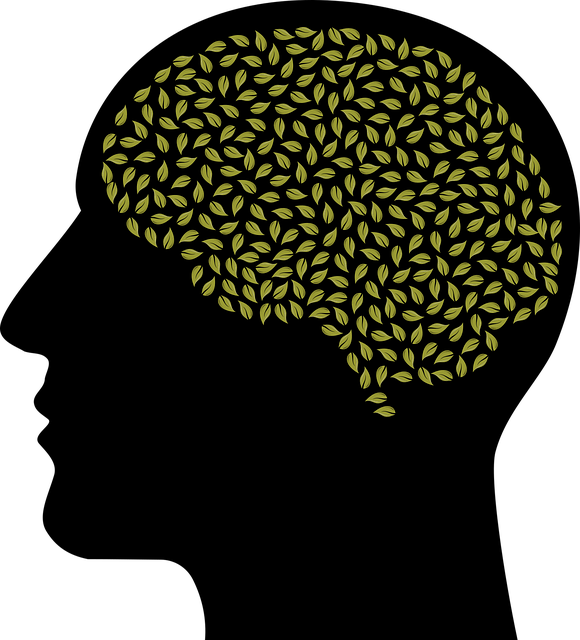Littleton Learning Disability Therapy focuses on understanding community needs through engagement, assessment, and tailored goal-setting to address academic, emotional, and social challenges across diverse demographics. Their holistic approach includes inclusive outreach strategies, interactive workshops, peer support, and initiatives like stress reduction and stigma reduction. Success hinges on collaboration with local organizations, effective logistics management, risk assessments, and continuous evaluation using both quantitative and qualitative methods, ensuring programs align with evolving community needs and Mental Health Policy advancements.
Community outreach programs play a pivotal role in expanding access to essential services, particularly for underrepresented populations. This article explores the comprehensive implementation of such programs within the context of Littleton Learning Disability Therapy (LDT). We delve into understanding community needs, setting achievable goals, and designing inclusive strategies that resonate with diverse audiences. Additionally, it outlines practical logistics, emphasizes collaboration, and provides a framework for measuring the profound impact of these initiatives on the lives of individuals with learning disabilities in the Littleton community.
- Understanding Community Needs: Identifying Goals and Target Audiences for Littleton Learning Disability Therapy Programs
- Designing Effective Outreach Strategies: Engaging and Inclusive Techniques for Diverse Communities
- Implementing Program Logistics: Collaborating with Local Organizations, Managing Resources, and Ensuring Accessibility
- Measuring Success and Impact: Evaluating Outcomes and Continuously Improving Community Outreach Initiatives at Littleton Learning Disability Therapy
Understanding Community Needs: Identifying Goals and Target Audiences for Littleton Learning Disability Therapy Programs

Understanding community needs is a foundational step in implementing effective Littleton Learning Disability Therapy programs. By engaging with local communities and conducting thorough assessments, therapists can identify specific goals that align with the unique challenges faced by individuals with learning disabilities. This tailored approach ensures that the therapy programs cater to the diverse needs of different age groups, cultural backgrounds, and socioeconomic statuses within Littleton.
The process involves assessing not just academic performance but also emotional and social well-being. For instance, focusing on inner strength development can empower individuals with learning disabilities to cope with potential depression prevention strategies. Equipping them with coping skills development techniques becomes a powerful tool for navigating life’s challenges. This holistic understanding of community needs enables therapists to design programs that foster personal growth, enhance self-esteem, and promote independent living skills among the target audiences.
Designing Effective Outreach Strategies: Engaging and Inclusive Techniques for Diverse Communities

Designing effective outreach strategies requires a deep understanding and appreciation for the diverse communities within our society. At Littleton Learning Disability Therapy, we recognize that each community has unique needs, interests, and communication preferences. Therefore, our approach to engagement is inclusive and tailored, ensuring that our programs resonate with a wide range of individuals.
By employing engaging techniques such as interactive workshops, cultural events, and peer support groups, we foster an environment that promotes open dialogue and encourages participation. These strategies not only help in building trust but also empower community members to take charge of their well-being. Incorporating initiatives like Stress Reduction Methods and Mental Illness Stigma Reduction Efforts into our outreach programs has been instrumental in fostering self-care practices among the diverse populations we serve.
Implementing Program Logistics: Collaborating with Local Organizations, Managing Resources, and Ensuring Accessibility

Implementing community outreach programs requires a collaborative approach to ensure success and accessibility. Local organizations play a pivotal role in this process by providing valuable resources, expertise, and connections to hard-to-reach populations. For instance, Littleton Learning Disability Therapy can collaborate with schools, community centers, and local mental health non-profits to offer tailored programs that cater to diverse needs. This partnership approach not only amplifies the program’s impact but also ensures a more sustainable reach.
Effective logistics management is crucial for successful outreach. This includes strategic resource allocation, considering accessibility needs, and planning for potential challenges. By implementing Burnout Prevention Strategies for Healthcare Providers, organizations can ensure their staff remain resilient in the face of demanding community work. A thorough Risk Assessment for Mental Health Professionals guides safe and ethical program delivery, while integrating Mental Wellness Journaling Exercise Guidance can empower participants to document and reflect on their progress. Such practices contribute to a holistic approach, fostering both personal growth and community development.
Measuring Success and Impact: Evaluating Outcomes and Continuously Improving Community Outreach Initiatives at Littleton Learning Disability Therapy

At Littleton Learning Disability Therapy, evaluating the success and impact of community outreach initiatives is an ongoing process that drives continuous improvement. They employ a multifaceted approach to measure outcomes, combining quantitative data analysis with qualitative feedback from both participants and community partners. This includes tracking key performance indicators (KPIs) such as service utilization rates, client satisfaction scores, and improvements in specific learning disability-related skills.
Additionally, Littleton Learning Disability Therapy actively seeks input through focus groups, surveys, and one-on-one interviews to gain insights into the perceived benefits and areas for enhancement within their outreach programs. Integrating these perspectives allows them to adapt their strategies, ensuring that initiatives align with evolving community needs and best address mental health concerns, self-care practices, and advocacy efforts as reflected in the Mental Health Policy Analysis and Advocacy landscape. Public Awareness Campaigns Development plays a pivotal role in this process, helping to disseminate information and foster a more inclusive society for individuals with learning disabilities.
The implementation of community outreach programs by Littleton Learning Disability Therapy demonstrates a comprehensive approach to addressing diverse learning needs. By understanding community requirements, designing inclusive strategies, and collaborating with local entities, these programs have significantly enhanced accessibility to therapy services. Continuous evaluation and adaptation ensure that the initiatives remain impactful, fostering an inclusive environment where individuals with learning disabilities can thrive. This holistic model sets a standard for effective community outreach, ultimately improving lives and creating a more supportive society for all.














